Orrin H. Pilkey: Heading over the coastal cliff in North Carolina; Op Ed
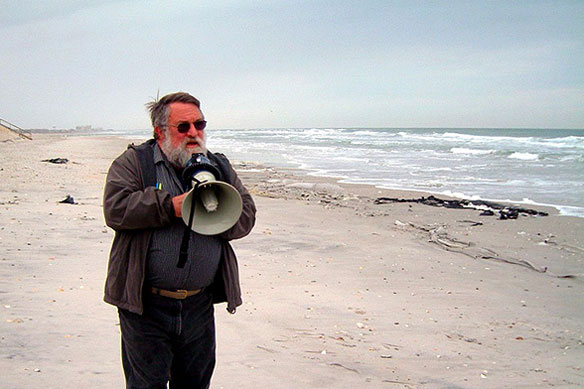
In the December 16 issue of Science, an insightful article about sea-level rise argues that there is a good possibility that the increase will exceed six feet by 2100.
Are we loving our beaches to death? Survey says ‘yes’
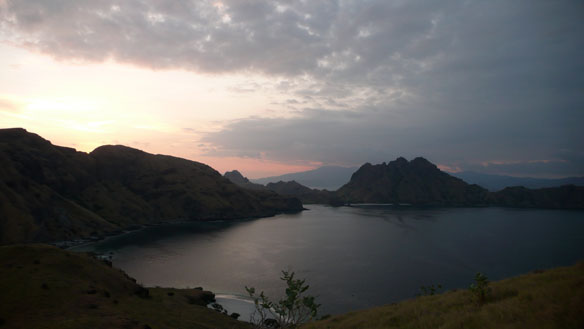
A new survey has found almost two-thirds of New Zealanders believed beach erosion was worse than it was 20 years ago, and most were worried that some beaches might vanish forever. In many cases, New Zealand’s beaches were paying the price for overwhelming public popularity.
The Human Element of Mangrove Management

As global climate change continues to threaten coastal communities in the tropics, discussions around mangrove forest conservation and rehabilitation have been focused primarily on ecological conditions, lacking a more robust analysis about the ways land governance, resource rights arrangements, and land use planning — the social aspects of the conservation challenge — affect mangrove conservation and rehabilitation…
Threat of poisonous algae growing on Great Barrier Reef
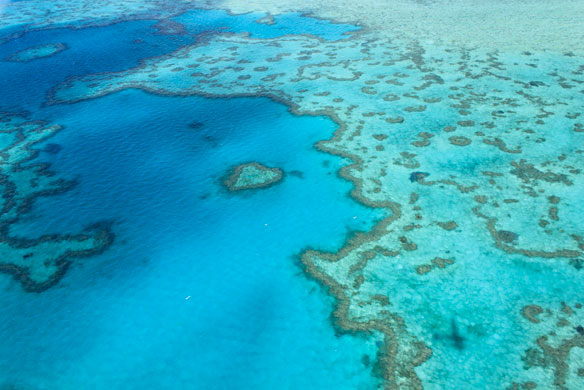
The future of the Great Barrier Reef looks increasingly precarious. Researchers in Australia have identified a new threat — not bleaching, but encroaching algae.
Adjust beach replenishment to minimize maritime dead zones
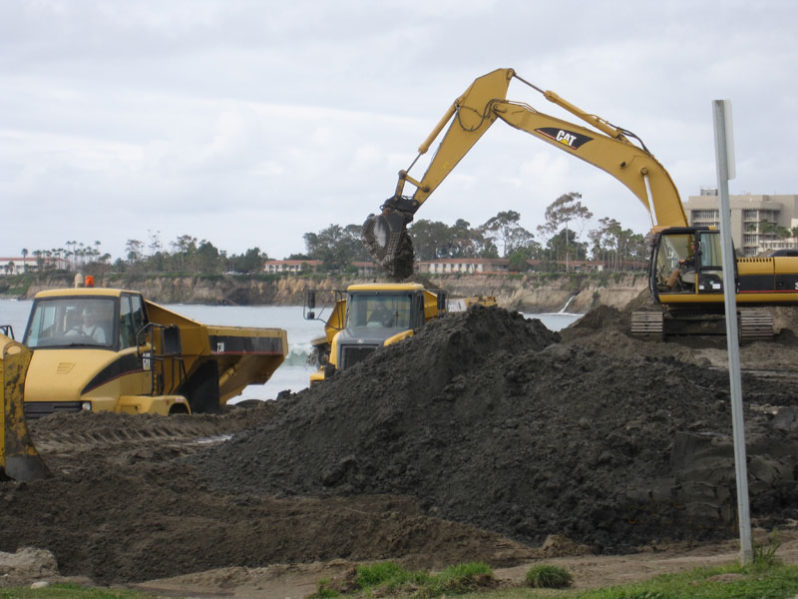
Beach replenishment is an expensive and temporary method of maintaining barrier-island beaches. As the post-Hurricane Sandy rebuilding of all the beaches along New Jersey’s 127-mile Atlantic coast nears completion, an additional potential cost is becoming clear: Replenishment might be creating dead zones on land and at sea.
Increasing factory and auto emissions disrupt natural cycle in East China Sea
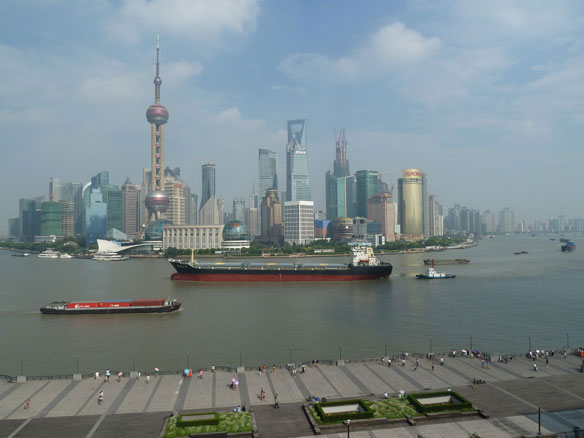
China’s rapid ascent to global economic superpower is taking a toll on some of its ancient ways, patterned around the vast fisheries of the East China Sea. But now those waters are increasingly threatened by human-caused, harmful algal blooms that choke off vital fish populations.
How Natural World Heritage Sites Are Being Spoiled
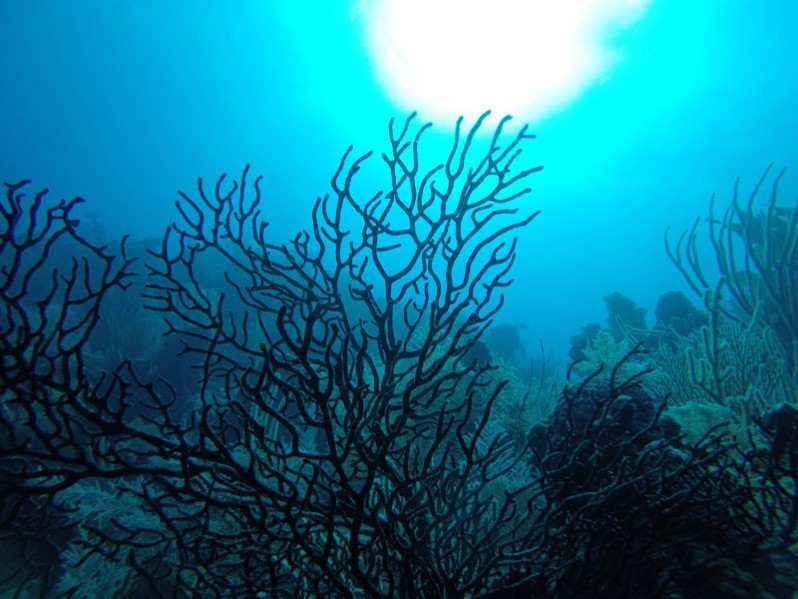
When a place is designated a Natural World Heritage Site, it is a recognition that it has “outstanding universal value” and must be protected. But a new study shows many of these sites are being severely damaged by human activity and are deteriorating rapidly.
Long-lost continent found submerged deep under Indian Ocean
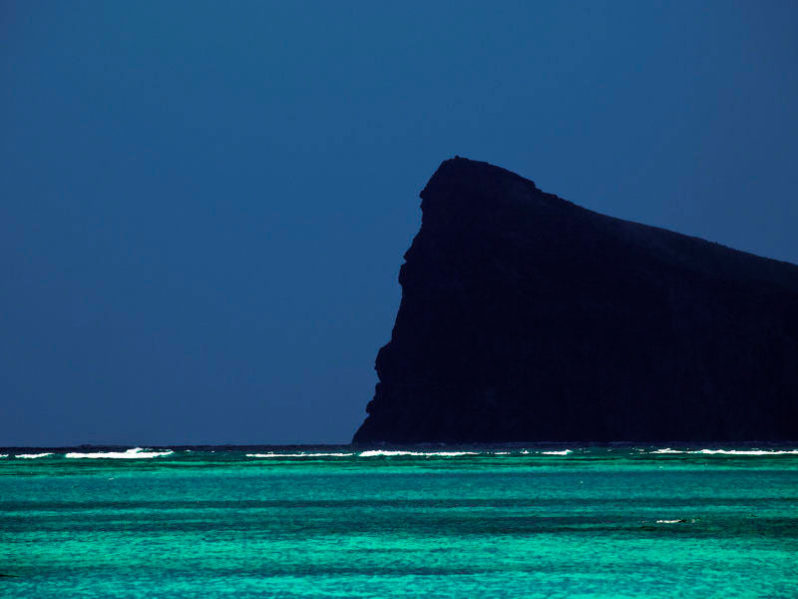
An ancient continent that was once sandwiched between India and Madagascar now lies scattered on the bottom of the Indian Ocean. Although Mauritius is only 8 million years old, some sparkly, iridescent flecks of rocks known as zircons crystals, found on the island’s beaches, date back almost 2 billions of years.
Substance in crude oil harms fish hearts, could affect humans as well
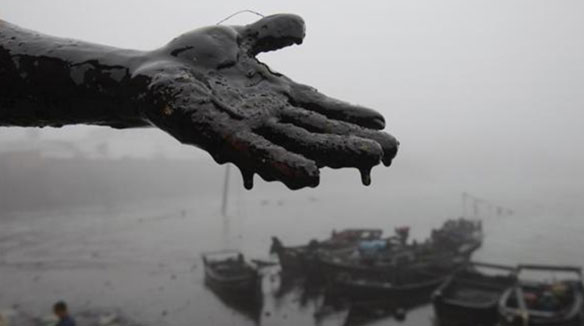
Exposure to oil can cause severe cardiovascular effects in fish. Experiments provide direct evidence of how phenanthrene, an oil pollutant found in water, air and soil, causes irregular heartbeat and weaker contractions of heart cells.
